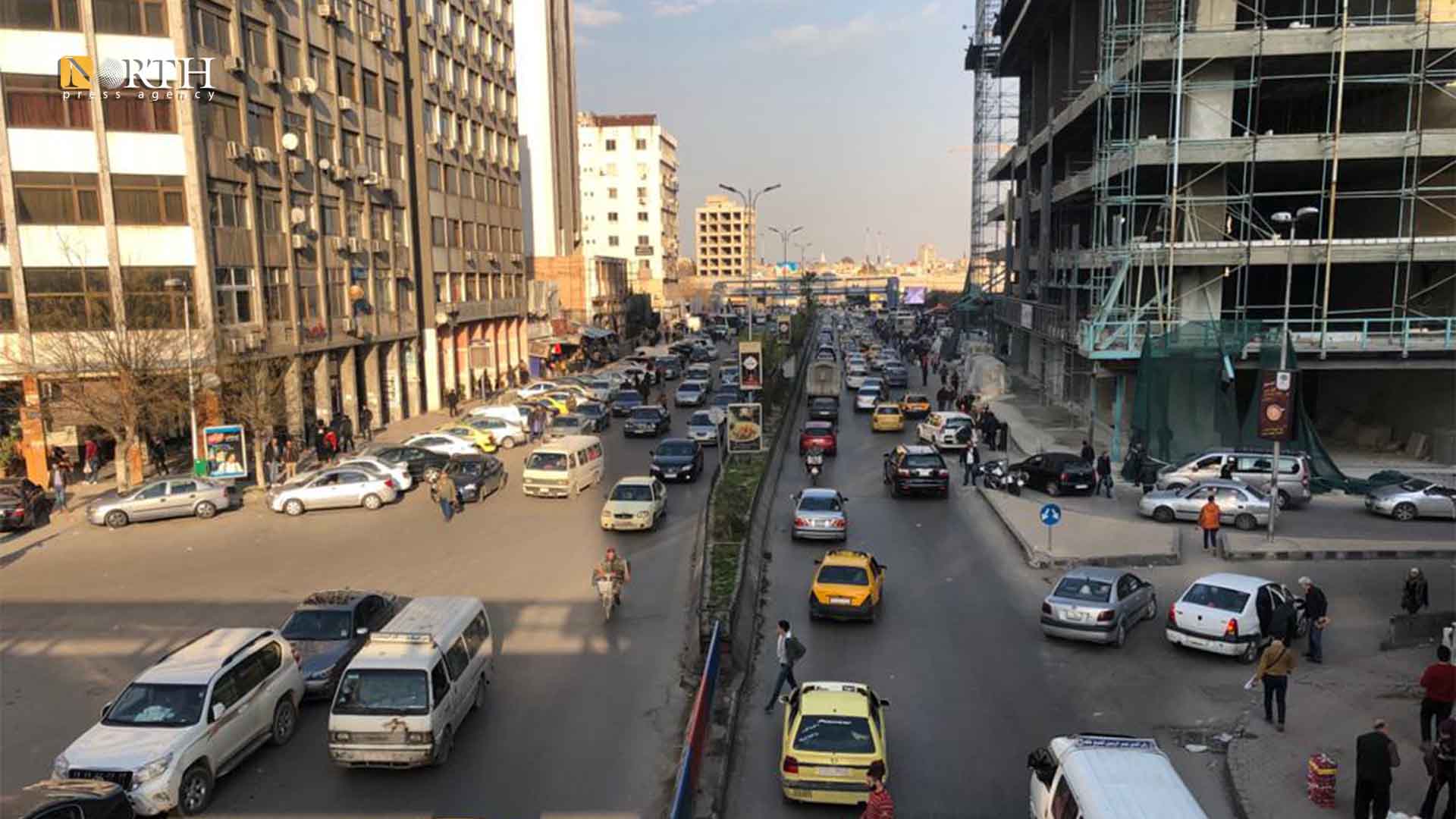DAMASCUS, Syria (North Press) – Residents of Damascus are often subjected to blackmail when receiving remittances from their relatives, who are living abroad or in areas outside of Syrian government control.
The Syrian government has forbade dealing in foreign currencies or receiving a remittance in any currency except the Syrian pound, as it imposes great sanctions on those who deal in the US dollar by jailing them for years and fining them millions of pounds.
Enormous risks
Residents from Damascus say that amid the deteriorating living conditions that they are witnessing due to the lack of job opportunities, low incomes, economic recession, and the collapse of the Syrian pound, they “are facing massive challenges when relatives send remittances.”
Samer al-Ali (a pseudonym), a teacher in Rif-Dimashq governorate who has an older brother residing in Germany, said, “if a brother or a relative wants to send remittances to his brother or relative in order to ease the economic impacts, those who receive the remittances will not be glad due to the risks they will face after receiving the money.”
“Either you lose three-quarters of the amount to the government, government, are blackmailed, have one-quarter of the amount stolen by middlemen working in remittances, or are jailed,” he added.
Two worse choices
Residents of Damascus say that those who want to send remittances to their relatives inside Syria have two choices.
The first is sending the remittance through official companies such as al-Haram or Western Union, who convert the value of the remittance into Syrian pounds according the Central Bank’s exchange rate, which equals 1,250 Syrian pounds (SYP) for each US dollar.
However, this often causes massive losses for those receiving the remittance, as the actual exchange rate was recorded at 3,850 SYP on Thursday.
The second option to send the remittance through unofficial ways, through individuals who are related and have ties with people living abroad and work in transferring money unofficially.
Deducting and blackmailing
Residents prefer the second choice, despite all the risks and harassment they face while receiving their remittances, whether they may be arrested or blackmailed, as sums of money are deducted from the remittance in addition to the transfer price.
University student Samira al-Abed (a pseudonym) manages her university costs by relying on remittances sent by her sister living in Netherlands.
“My sister sends me 100 Euros per month, but when I receive the money, a large amount is deducted from the remittance,” she told North Press.
“Last time my sister sent me Euros which equaled 515,000 SYP; however, the person who works in transferring money handed me only 425,000 SYP. He knows that there is no other alternative to him, so he exchanges money as he wants,” she said.
Remittance brokers refuse to deliver currencies in dollars or euros under the pretext of the lack of foreign currencies, which forces senders to deliver them at the price the brokers set, which is often much lower than the real price.
Risks of being detained
Months ago, the 23-year-old Ghazal al-Hamwi was detained when she went to receive a remittance of $50 that her father living in Morocco sent.
“A person contacted me and asked me to meet him in al-Thawra Street the next day to receive the remittance…when I arrived there and met him, a Criminal Security Patrol caught us in the act,” she said.
Later, al-Hamwi’s father appointed a lawyer who managed to secure her release after 40 days she spent in prison, all the while paying huge sums in bribes.

